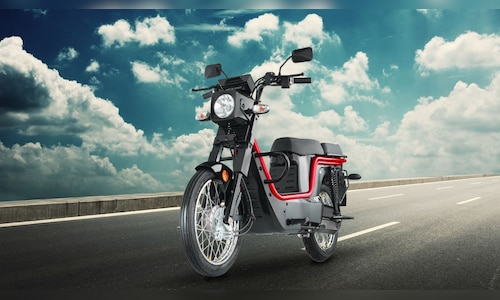As Kinetic Green prepares to launch its new TVC for E-Luna, the campaign aims to go beyond brand awareness by strengthening brand equity and fostering a deeper emotional connection with its target audience. With Piyush Pandey—who once brought the unforgettable ‘Chal Meri Luna’ campaign to life—by their side, the brand is set to rekindle nostalgia while embracing modern innovation.
A legacy of mobility and connection
Reflecting on Luna’s impact, Sulajja Firodia Motwani shared, “The Luna brand has always been more than just a product; it has had a profound connection with consumers across generations. In the 70s, 80s, and 90s, Luna was the first vehicle for many—whether college students, housewives, small traders, or businessmen—providing them with mobility and independence.
Also Read | India’s advertising market set for 7% growth in 2025: GroupM report
When Piyush Pandey created the ‘Chal Meri Luna’ campaign, it further strengthened this emotional bond. ‘Chal’ symbolised mobility, ‘Meri’ signified personal ownership, and ‘Luna’ became more than a mode of transport—it became a trusted companion.”
With the launch of E-Luna, Kinetic Green aims to continue that legacy, adapting to today’s consumers while preserving the essence of what made Luna special. “In the new campaign, we are carrying forward that deep connection, and I believe it remains just as relevant today,” Sulajja added.
Honoring the past, embracing the future
For Piyush Pandey, the journey with Luna has come full circle. “The ‘Chal Meri Luna’ campaign was a collaboration between Sulajja’s father, Arun Firodia, and me. Today, it is Luna Green, Sulajja, and me—we have all moved forward to the next generation while keeping the family’s legacy intact.”
Also Read | Robb Report India to focus on curated experiences, not just luxury goods, says RPSG Lifestyle Media’s Avarna Jain
He emphasised that an icon is ultimately defined by its audience. What the team has done is seamlessly blend Luna’s heritage with the needs of a new generation. This isn’t just a revival of something from the 70s or 80s—it is a product for 2025, carrying forward the same spirit but evolving to meet modern demands, he added.
For the full interview, watch the accompanying video
(Edited by : Poonam Behura)


